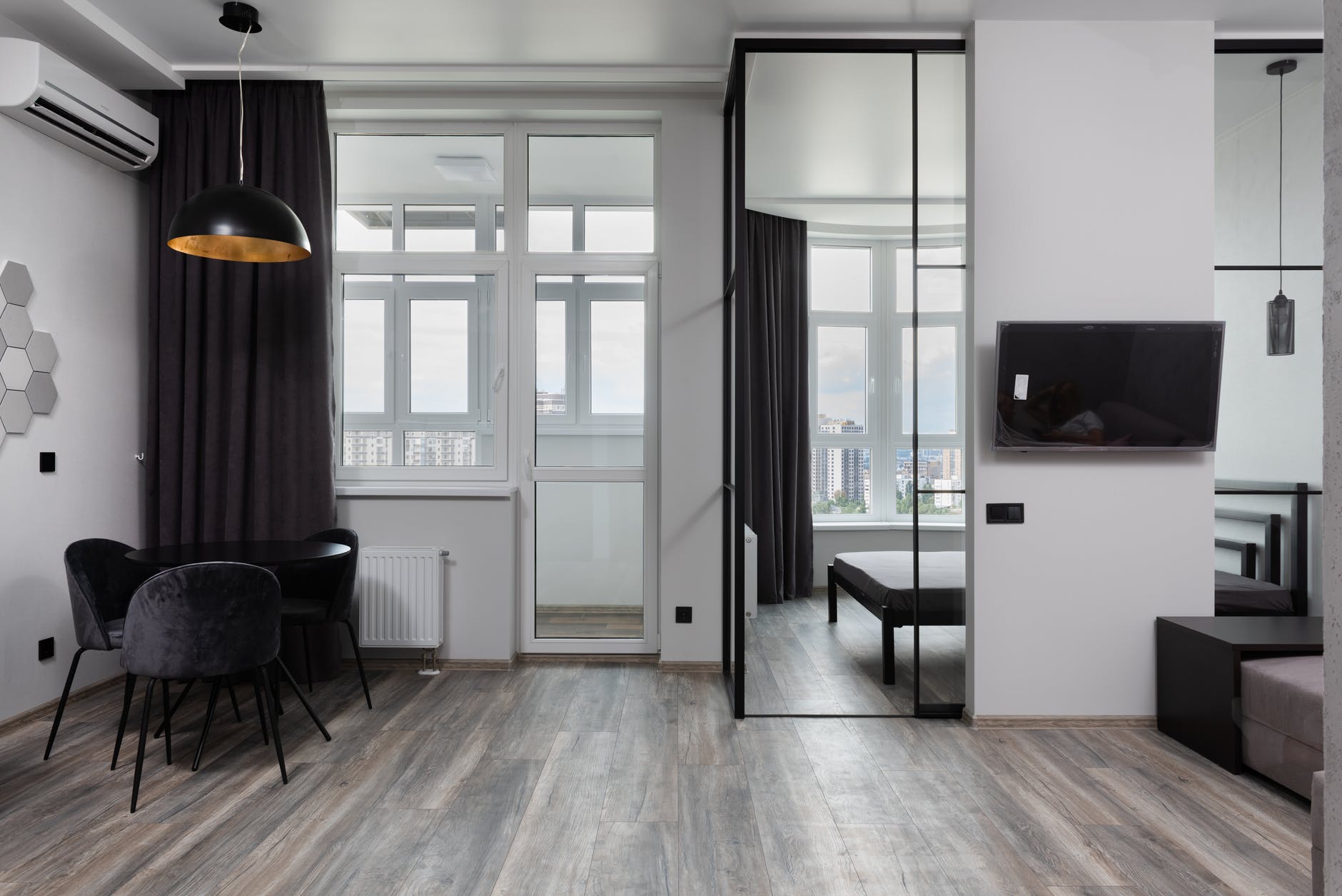How Does an Air Conditioner Work?
Everyone knows that an air conditioner cools and heats the air in your home. But do you know what an AC does? The heat pump is a year-round energy-efficient solution for indoor comfort, and transfers heat indoors or out, depending on the season. Installing a new home air conditioning system can reduce the difficulty of operating heating and air conditioning systems to keep living and workspaces comfortable. In temperate climates, it can be the heat pump instead of separate heating and cooling systems! Check your options and get an HVAC contractor to install a heat pump that keeps you cool all summer and all winter long.
How does it work in my home?
An AC works exactly as it looks: it pushes the heat out of your home in the summer and into your home in the winter. Air source AC use a system of fans and coils filled with refrigerant to draw heat from the outside air into your home for heat during the winter and to draw hot air outside in the summer. Meanwhile, ground source AC extracts heat from the ground outside your home using a series of underground tubes filled with water or coolant. Also known as geothermal AC, ground-source AC use a relatively stable temperature below the surface of the earth to transfer heat in and out of the building. In most cases, hot or cold air is distributed throughout your home via your existing air ducts; however, tubeless AC is available if your home does not have a piping system.
Advantages of AC
Whether you are installing a pump in place of or in conjunction with an existing oven and air conditioner, you must see increased energy efficiency in your home. This is because the AC does not create hot air by combustion, which is a process that requires fuel; instead, the pump simply moves the air around.
Considerations
When choosing an AC system, consider the size of your home. A AC system that is not powerful enough for a large home will be ineffective, while a pump that is too large for your space will have higher energy bills than required. You should also consider how much heat loss your building allows; improving the insulation before installing the AC can make the pump operate optimally. Climate also plays an important role in how easily your home can be heated and cooled. Extreme temperatures or colds require specialized AC to effectively regulate indoor temperatures. Talk to your installer to discuss the details of your space and how the pump can meet your heating and cooling needs.
Conclusion
The type of pump you choose will determine somewhat the efficiency of your system, but the size of your home and your energy consumption patterns are also factors that play a role in this comparison. Before deciding which method, you can contact the companies or experts in your area who can provide you with more information on how AC works in your particular home situation. Although you do not primarily rely on this system for your heating and cooling needs, you may be able to divide your energy consumption between AC and other forms of heating and cooling to offset your total energy costs and consumption. If end-of-day AC isn’t a cost-effective option for you, they are also a viable option to stay on with your AC system.







